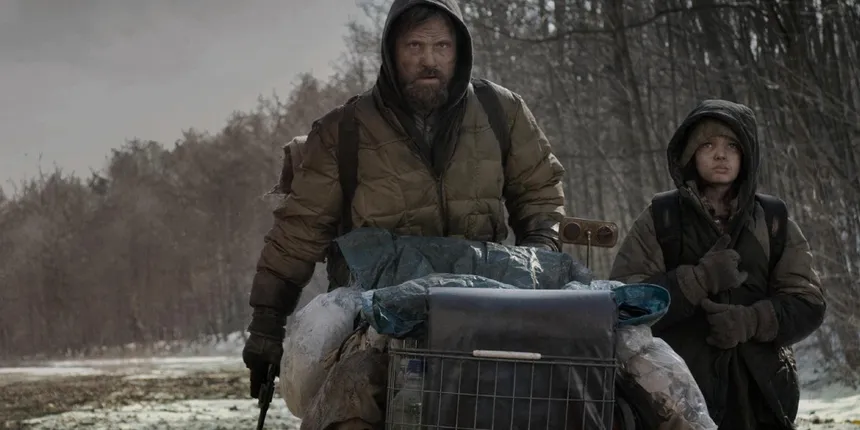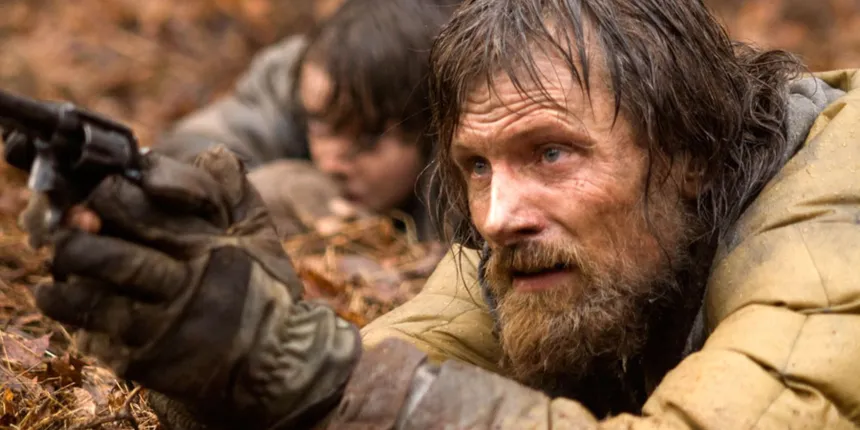Cormac McCarthy’s “The Road” is a Pulitzer Prize-winning novel known for its bleak post-apocalyptic story. The novel’s harrowing tragedy was brought to life in a 2009 film adaptation directed by John Hillcoat, with Viggo Mortensen as Man, Kodi Smit-McPhee as Boy, and Charlize Theron as Woman. The film deviates from the book in several ways, offering a distinct interpretation of McCarthy’s original material.
The film adaptation of “The Road” omits graphic scenes of horror, presenting a less intense and less violent version of the story. Scenes such as the newborn infant being roasted and eaten alive, and marauders dragging young boys for sexual intent, are not included in the film. The absence of these disturbing details arguably makes the film more accessible to a wider audience. However, the changes have resulted in criticisms that the film lacks the same emotional weight and intensity as the novel. Notable film critic Roger Ebert described the book as “unfilmable” due to its unique, unfiltered prose, a quality that the film adaptation struggles to capture.
A significant deviation from the novel is the expanded role of Charlize Theron’s character, Woman. In the book, Woman’s role is limited to Man’s flashbacks and dreams, revealing her suicide to prevent cannibalism. In the film, however, Woman is given a larger role, with more scenes showing her relationship with Man and their struggles during the apocalypse. This change makes the film more sentimental but arguably less bleak and existential than the novel.

A Still From The Road Movie (Via IMDB)
Another notable difference is the ending. In the book, Man dies in the woods, leaving Boy alone and searching for a family to take him in. The film, however, ends more optimistically, revealing that the Veteran and his family have been following and protecting Boy. The film’s ending implies that Boy will be safe, while the book leaves Boy’s fate ambiguous and open to interpretation.
While the film adaptation of “The Road” faithfully captures the novel’s themes of hope and survival in a post-apocalyptic world, it deviates from the novel in significant ways. The film adaptation’s altered emotional impact and omission of graphic scenes have resulted in a more accessible but perhaps less intense and thought-provoking experience. Nonetheless, it remains a compelling adaptation that pays homage to the original novel’s haunting and thought-provoking narrative.
























